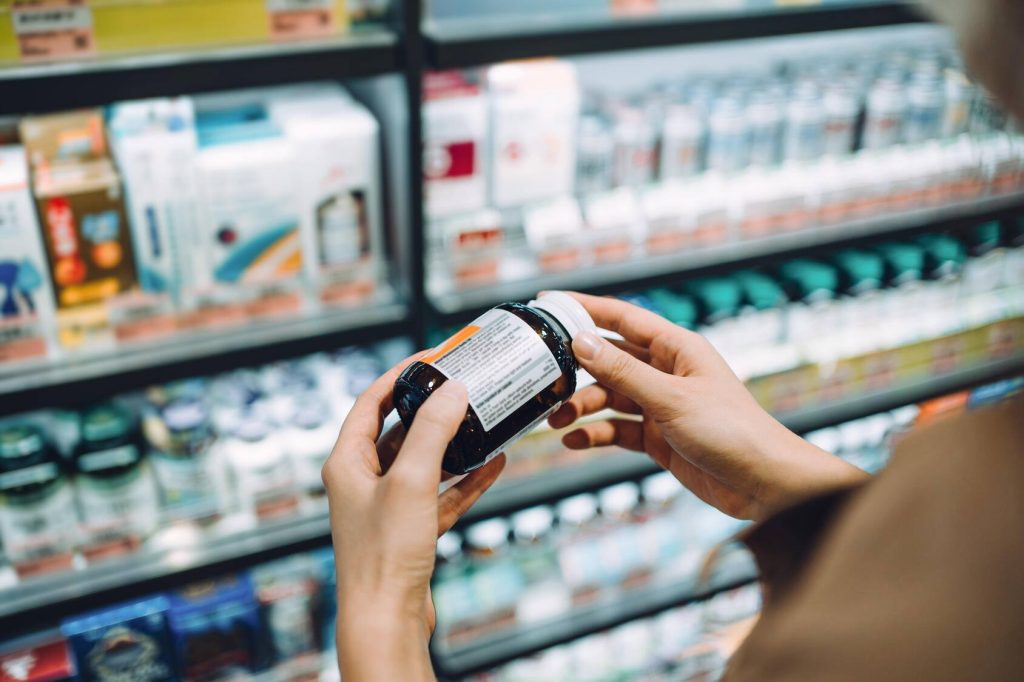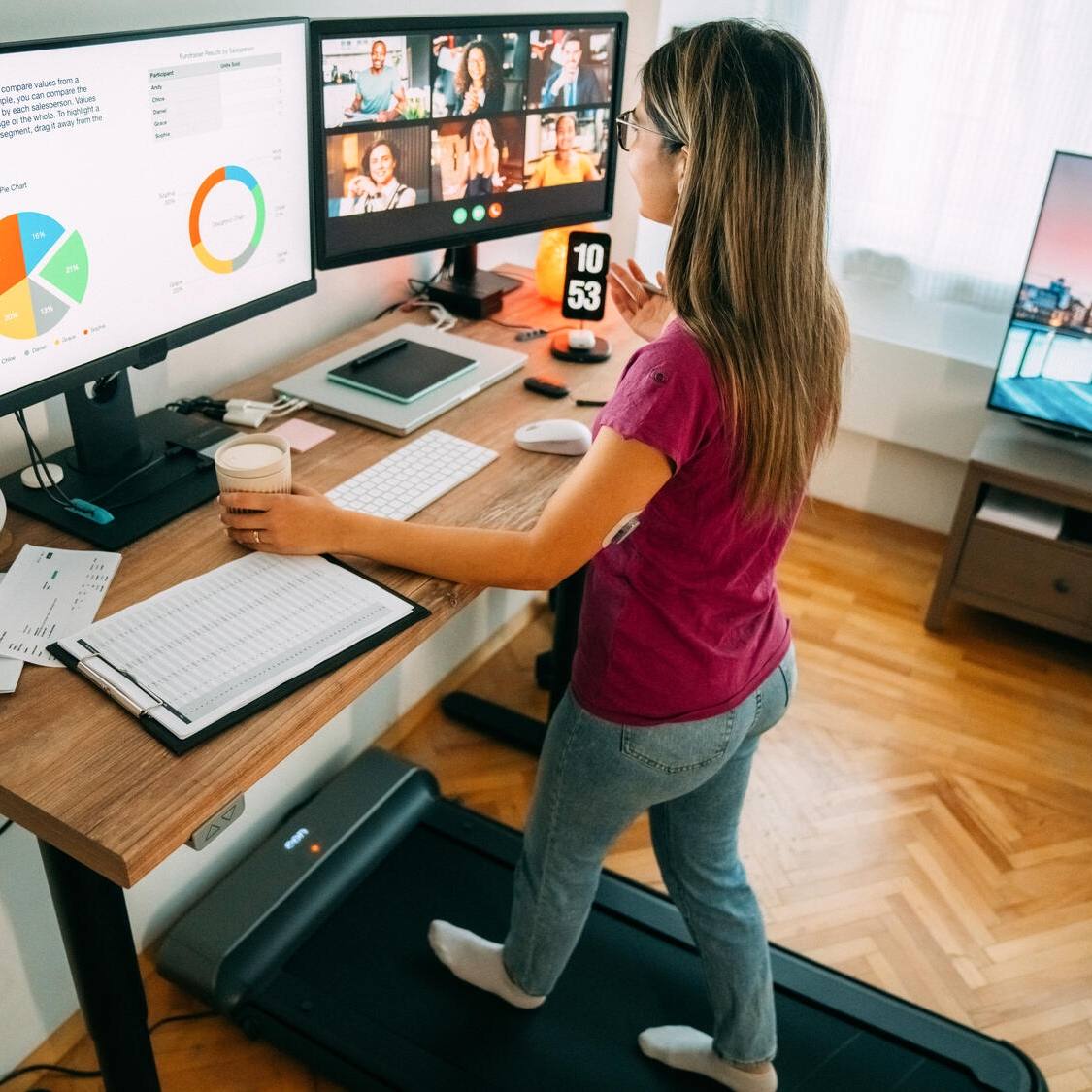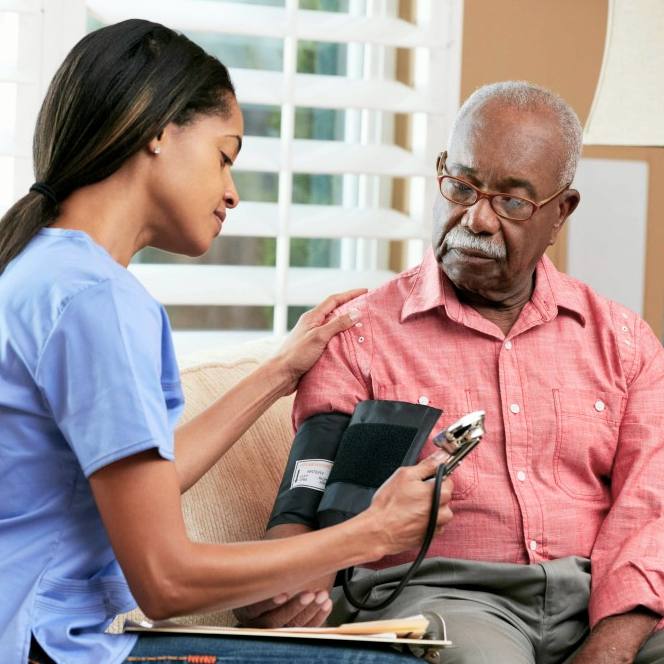-
Cardiovascular
Consumer Health: Do your medications and supplements affect your blood pressure?

If you've been diagnosed with high blood pressure, you're in good company. Nearly half of the adults in the U.S. have high blood pressure, and many don't even know they have it, according to the American Heart Association.
Your healthcare professional likely has provided information about the dangers of high blood pressure and lifestyle changes you can make to control it. And if lifestyle changes aren't enough, your healthcare team may recommend medication to lower your blood pressure.
You also should know that some common medicines, supplements and other substances can affect blood pressure. Some raise your blood pressure. Others make medicines you take to lower your blood pressure less effective. Some medicines that affect blood pressure are prescribed by your healthcare team. Others are available without a prescription.
How medications can affect your blood pressure
Pain medications
Some medicines that relieve pain and swelling cause the body to hold onto water. Too much water in the body may create kidney problems and raise blood pressure.
Examples of these medications include:
- Indomethacin (Indocin).
- Medicines available without a prescription such as aspirin (multiple doses a day), naproxen sodium (Aleve) and ibuprofen (Advil, Motrin IB, others).
- Piroxicam (Feldene).
Cold medicines, also called decongestants
Decongestants make blood vessels smaller, which makes it harder for blood to flow through the blood vessels. Sometimes that raises blood pressure. Decongestants also may make some blood pressure medicines not work as well.
Examples of decongestants include:
- Pseudoephedrine (Sudafed 24 Hour).
- Phenylephrine (Neo-Synephrine).
Antidepressants
Antidepressants work by changing the body's response to brain chemicals that affect mood. These chemicals also may raise blood pressure.
Examples of antidepressants that can raise blood pressure include:
- Monoamine oxidase inhibitors.
- Tricyclic antidepressants.
- Selective serotonin reuptake inhibitors.
Birth control with hormones
Birth control pills and some birth control devices contain hormones. These hormones may raise blood pressure by making some blood vessels smaller, which makes it harder for blood to flow. Most birth control pills, patches and other devices carry warnings that high blood pressure may be a side effect. The risk of high blood pressure is higher if you're older than 35, overweight or a smoker.
Caffeine
Caffeine can cause a short-term spike in blood pressure in people who don't use it all the time. It helps to keep blood vessels open, which allows blood to flow easily and may raise blood pressure for a short period of time. There isn't enough evidence to prove that caffeine raises blood pressure long term, though.
Examples of medicines and products with caffeine include:
- Caffeine pills (Vivarin, NoDoz, others).
- Coffee.
- Energy drinks and other beverages.
The amount of caffeine in coffee varies widely, so it's difficult to say how many cups of coffee you can safely drink a day. Check your blood pressure about 30 minutes before and about 30 minutes after drinking a cup of coffee or another beverage that has caffeine. If your blood pressure goes up by 5 to 10 points, you may be sensitive to caffeine's effect on blood pressure.
Herbal supplements
Herbal supplements may not be safe just because they're natural. Check with your healthcare team before taking any herbal supplements. You may need to avoid supplements that raise your blood pressure or make your blood pressure medicines less effective.
Examples of herbal supplements that may affect your blood pressure or blood pressure medicines include:
- Arnica (Arnica montana).
- Ephedra (ma-huang).
- Ginseng (Panax quinquefolius, Panax ginseng).
- Guarana (Paullinia cupana).
- Licorice (Glycyrrhiza glabra).
Biological therapies
Powerful medicines used in biological therapies can have side effects. One of those side effects is high blood pressure. Some of these medicines target specific cells. Others use the body's own immune system to fight some autoimmune diseases and cancers.
Angiogenesis inhibitors and some monoclonal antibodies may raise blood pressure. Examples of these medicines include:
- Bevacizumab (Avastin).
- Gefitinib (Iressa).
- Imatinib (Gleevec).
- Pazopanib (Votrient).
- Ramucirumab (Cyramza).
Immunosuppressants
Most people who've had an organ transplant take immunosuppressants. These medicines help keep the body from rejecting the new organ. Some immunosuppressants can raise blood pressure. This may be due to the ways immunosuppressants affect the kidneys.
Examples of immunosuppressants that can raise blood pressure include:
- Cyclosporine (Gengraf, Neoral, Sandimmune).
- Tacrolimus (Astagraf XL, Prograf, Envarsus XR).
Stimulants
Stimulants, such as methylphenidate (Concerta, Ritalin, others), can cause the heart to beat faster or unevenly. This may raise blood pressure.
A caution on illegal drugs
Illegal drugs can raise blood pressure. They may narrow the arteries that supply blood to the heart. This raises heart rate and damages heart muscle.
Examples of illegal drugs that may affect your heart include:
- Amphetamines, including methamphetamine.
- Cocaine.
- Ecstasy (MDMA).
If you're using illegal drugs, it's important to stop. Ask your healthcare professional for information on counseling or drug treatment programs.
Next steps about medications and your blood pressure
Talk with your healthcare professional if you have concerns about the medications or supplements you're using affecting your blood pressure. Have your blood pressure checked on a regular basis. If your blood pressure goes up or isn't well controlled, ask about other medications or supplements you can take. Your healthcare team may recommend lifestyle changes or additional medications to control your high blood pressure.
Connect with others talking about managing high blood pressure in the Heart & Blood Health Support Group on Mayo Clinic Connect, an online patient community moderated by Mayo Clinic.
Related posts:
- Mayo Clinic Q and A: What time is best for blood pressure medication?
- Mayo Clinic Minute: Know your blood pressure numbers







